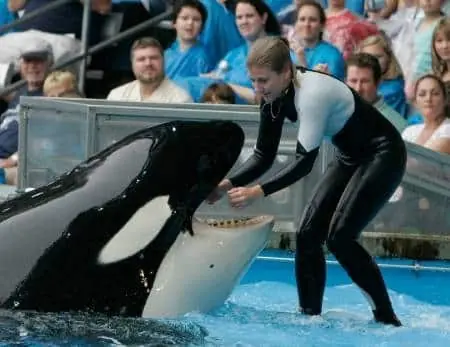
World's Oldest Newborn: Baby Born After Being Frozen for 30 Years
Lindsey Pierce, 35, and her husband Tim Pierce, 34, from London, Ohio, are now celebrating the arrival of their son, baby Thaddeus, who entered the world on July 26, according to MIT Technology Review.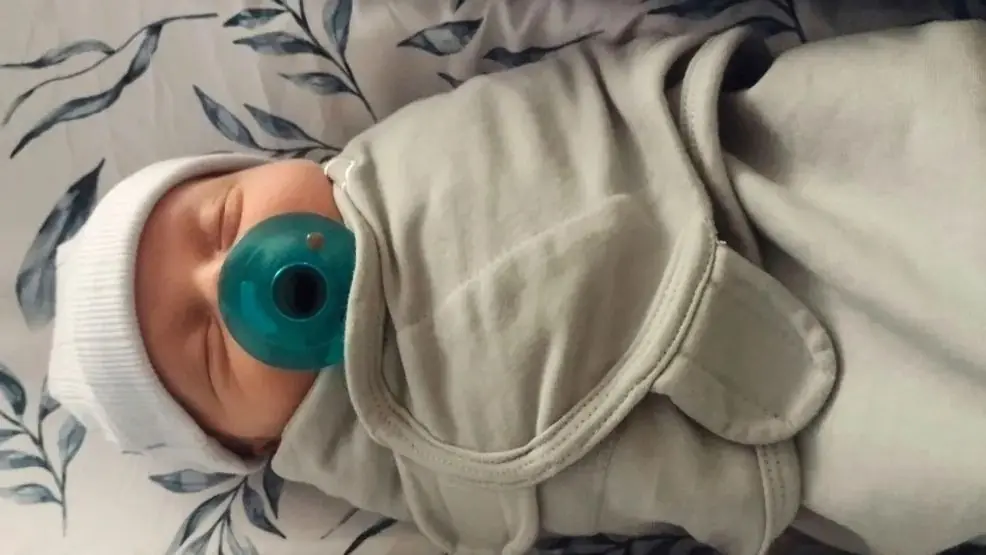
This photo provided by Rejoice and John David Gordon on July 31, 2025, shows Thaddeus Pierce.
An Ohio couple has revealed that they welcomed a healthy baby boy born from an embryo that had been frozen for more than three decades—a remarkable milestone in reproductive medicine that is capturing headlines around the globe.
The Pierces shared with the publication that they had struggled for seven long years to conceive before they finally decided to “adopt” an embryo through a specialized embryo adoption agency. This agency helps match unused embryos with prospective parents who are hoping to build their families.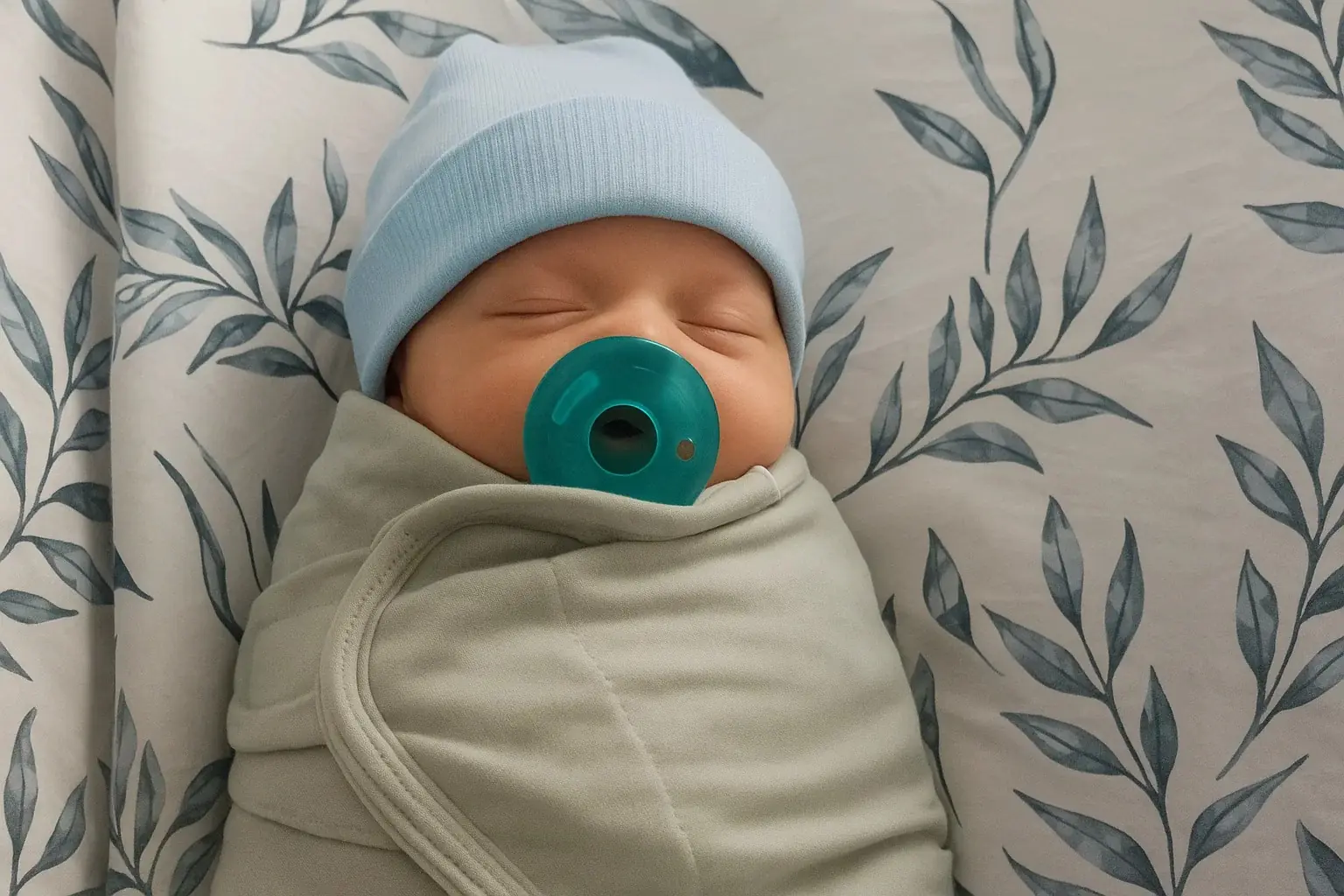
The embryo the Pierces adopted was originally created through in vitro fertilization (IVF) back in 1994, making it older than many of today’s prospective parents themselves, according to MIT Technology Review.
In the IVF procedure, doctors stimulate ovulation and collect mature eggs from a patient’s ovaries. The eggs are then fertilized with sperm in a laboratory dish. Any resulting embryos can be transferred into the patient’s uterus to attempt a pregnancy or frozen and preserved in cryogenic storage for years—or even decades—to come, as explained by the American College of Obstetricians and Gynecologists.
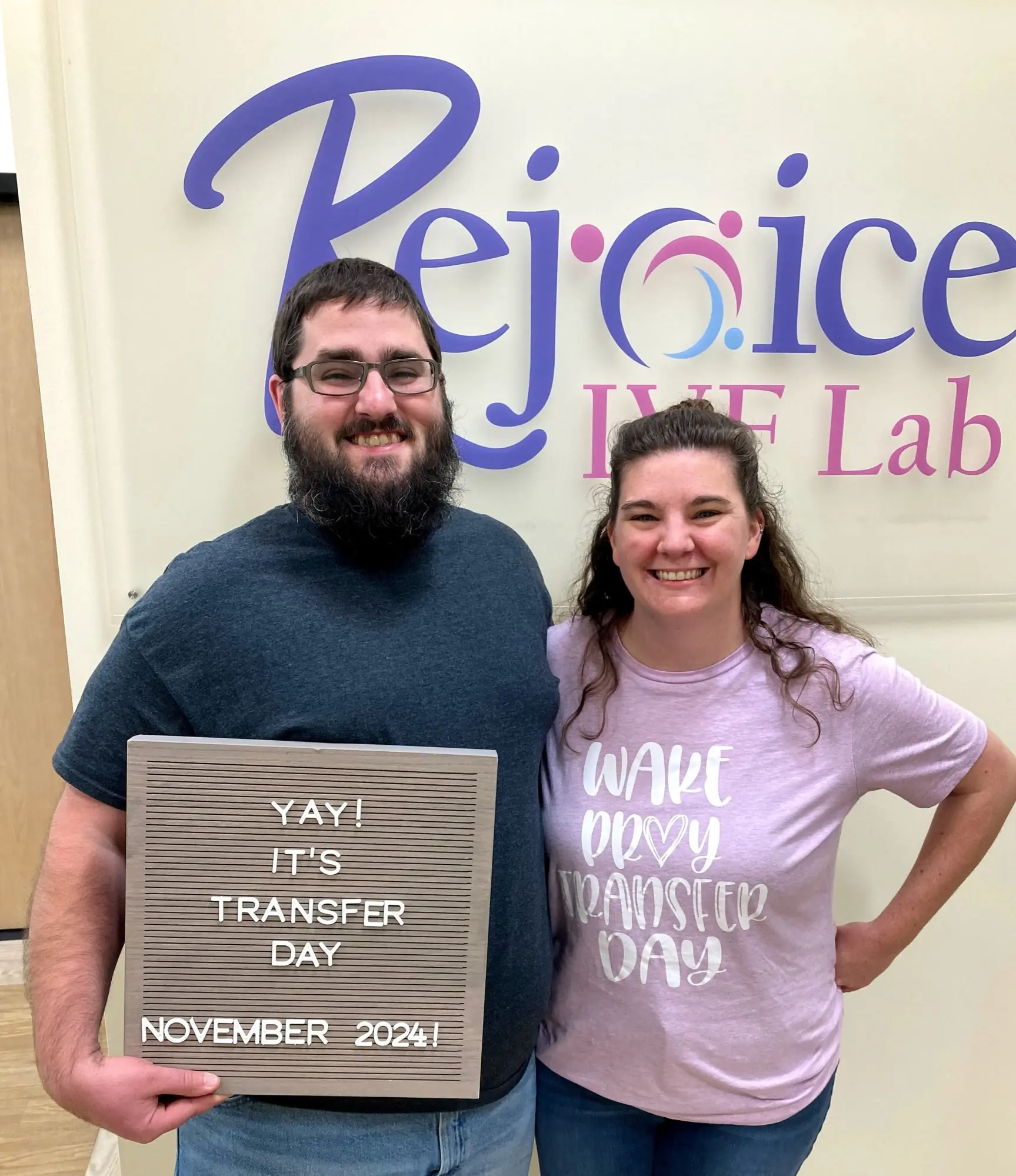
This photo provided by Rejoice and John David Gordon shows Tim and Lindsey Pierce in November 2024 at Rejoice Fertility in Knoxville, Tenn.
After undergoing a successful embryo transfer using their adopted embryo, Lindsey Pierce became pregnant and carried Thaddeus to term without reported complications.
ABC News medical contributor Dr. Alok Patel, who did not participate in Lindsey Pierce’s treatment, explained that the embryo’s age does not automatically mean higher risks for the baby.
“If these eggs are frozen properly and they are thawed and pass screening, they can be just as healthy as an embryo created today,” said Patel, who is a board-certified pediatrician.
The Pierces were not available for direct comment to ABC News, but in a statement shared with The Associated Press on Friday, the couple emphasized that their journey was driven purely by the desire to become parents, not by any intention of setting records.
“We didn’t go into this thinking about records — we just wanted to have a baby,” Lindsey Pierce said, according to the AP.
Experts say this extraordinary case highlights how advances in fertility preservation and embryo storage are reshaping what is possible for hopeful families around the world.
News in the same category

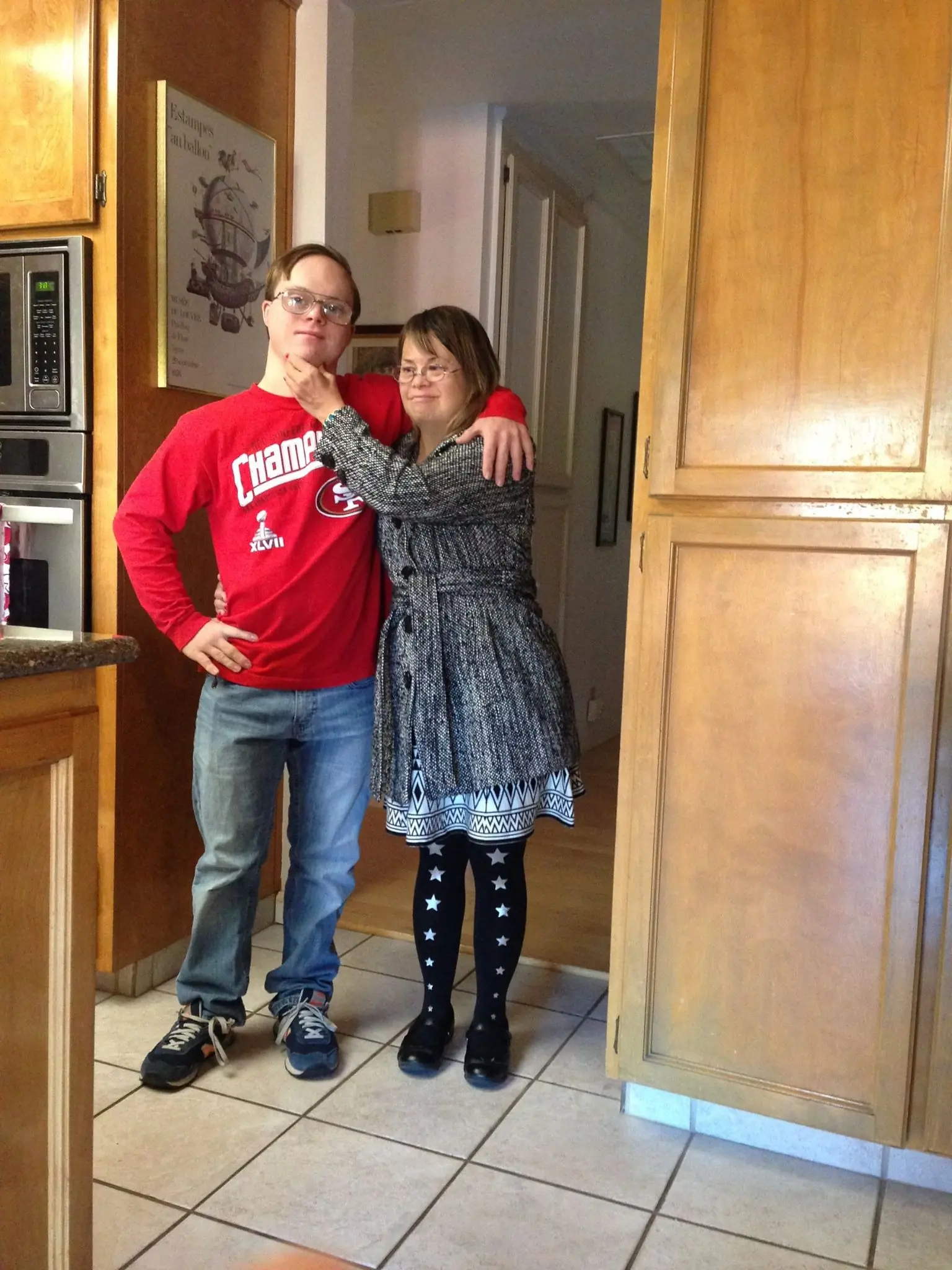
Couple with Down Syndrome Choose to Have Children, Sparking Debate
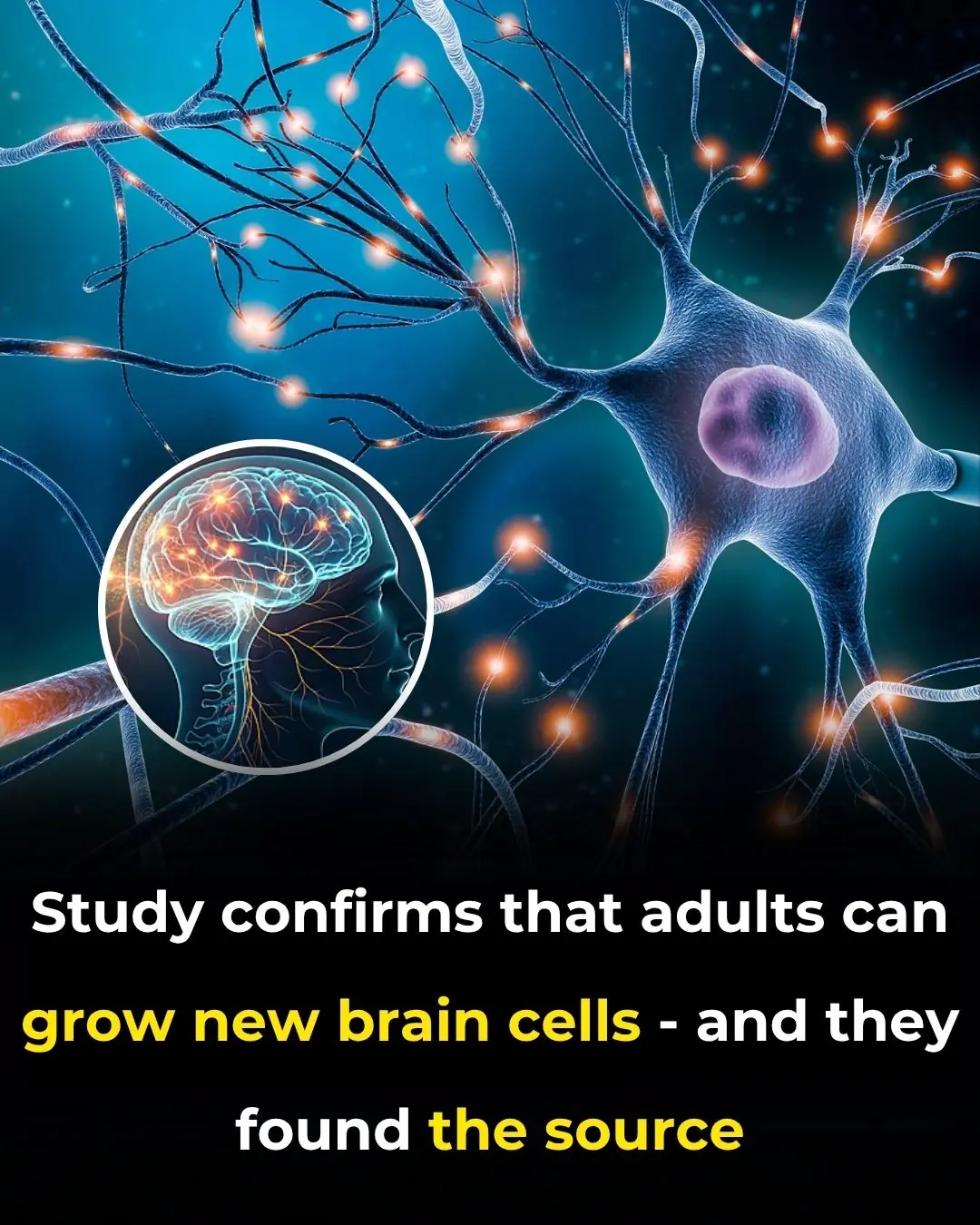
Study Shows Men Are Twice as Likely to Die from ‘Broken Heart Syndrome’ Than Women – Here’s Why
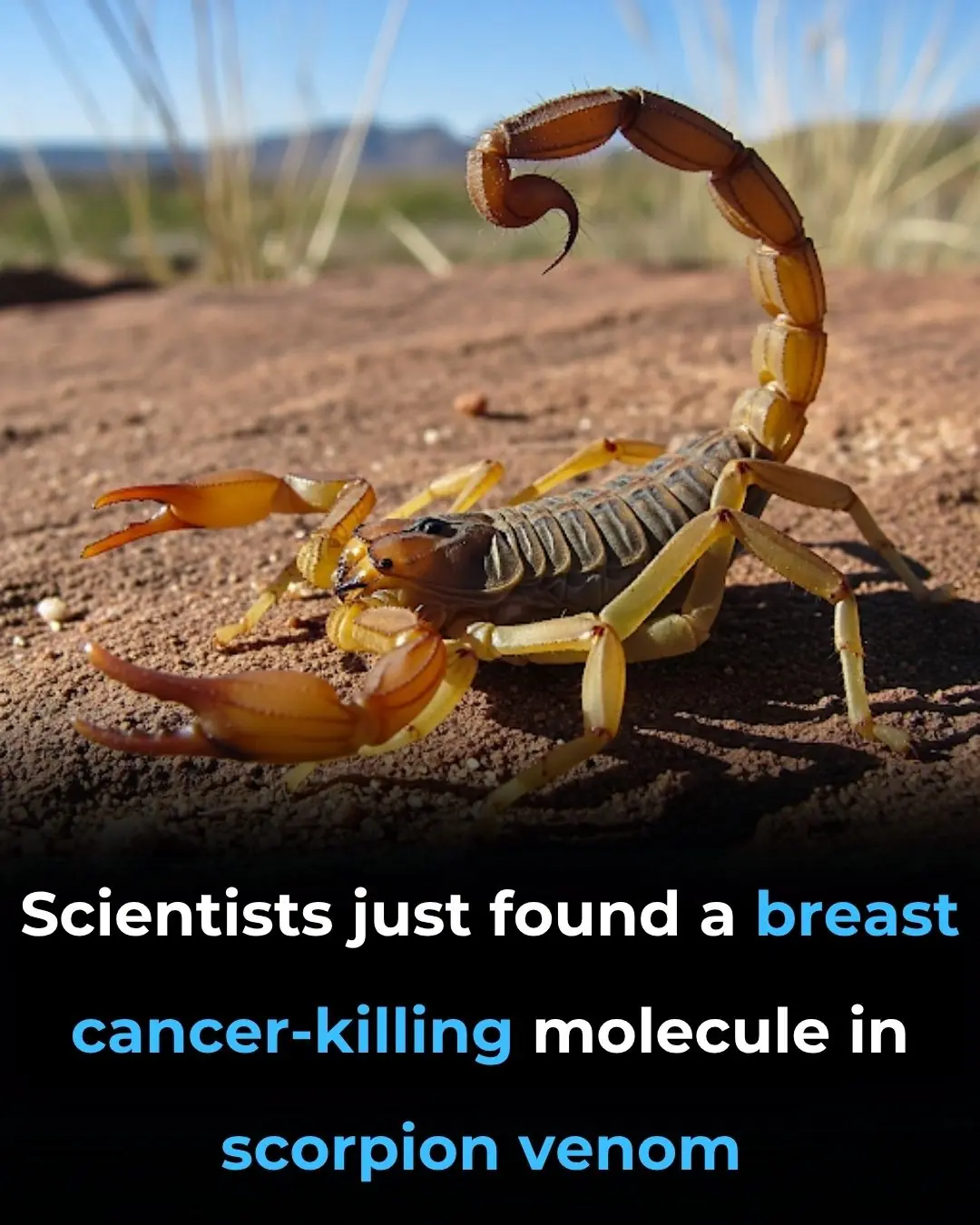
Scientists just found a breast cancer-killing molecule in scorpion venom
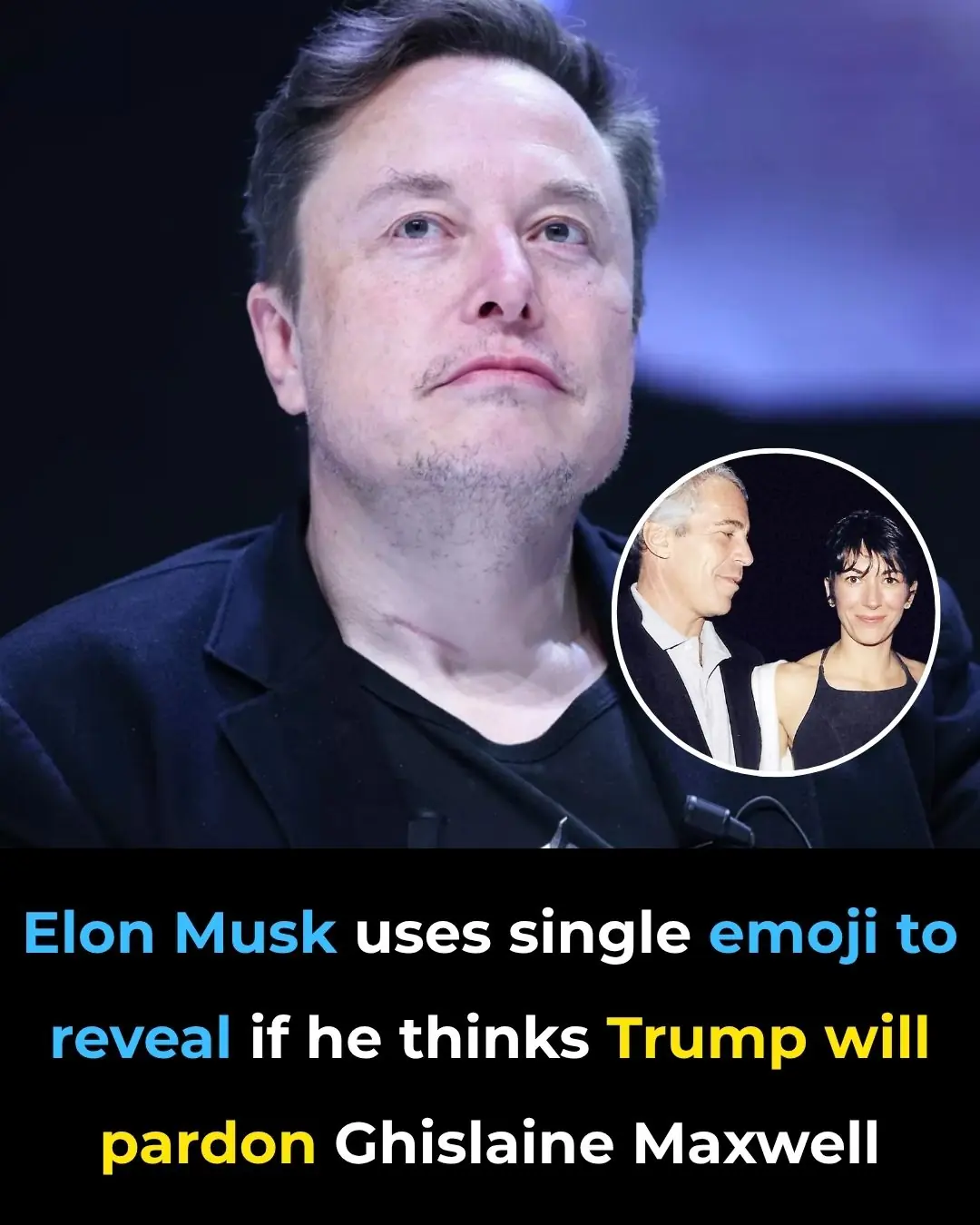
Elon Musk uses single emoji to reveal if he thinks Trump will pardon Ghislaine Maxwell
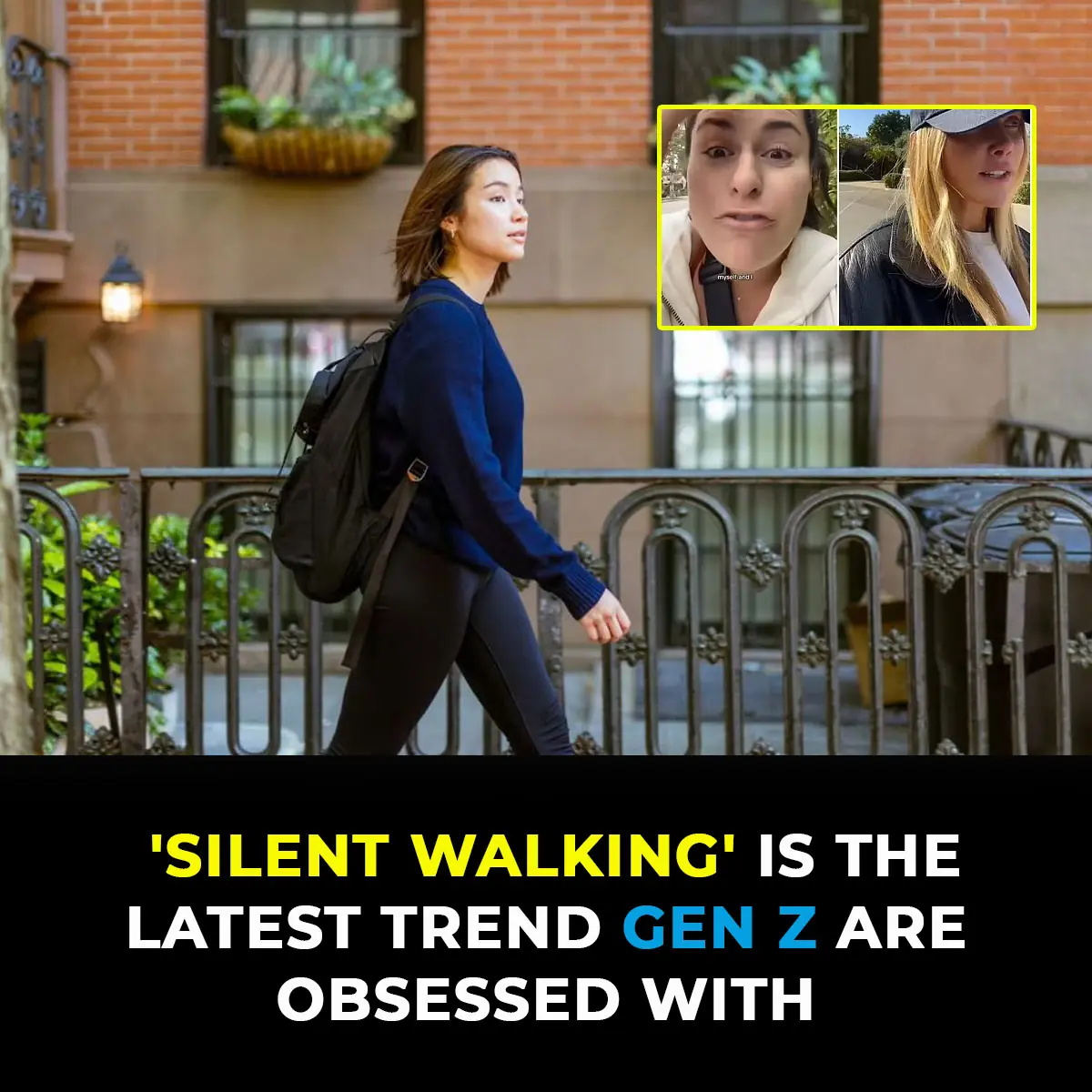
Silent Walking’ Is The Latest Trend Gen Z Are Obsessed With
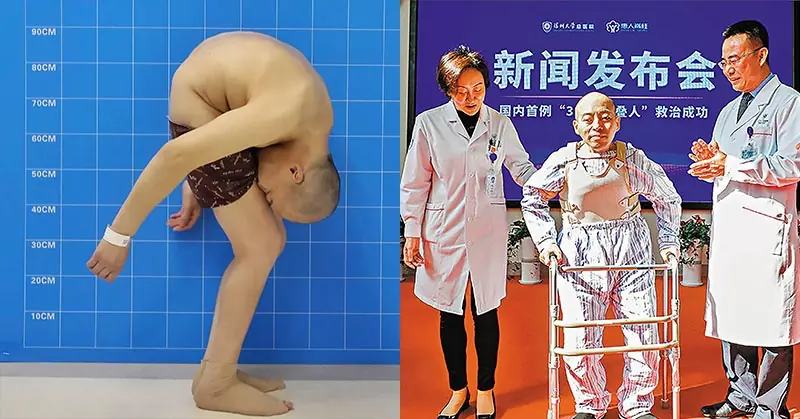
Man Folded In Half Stands Straight After 28 Years
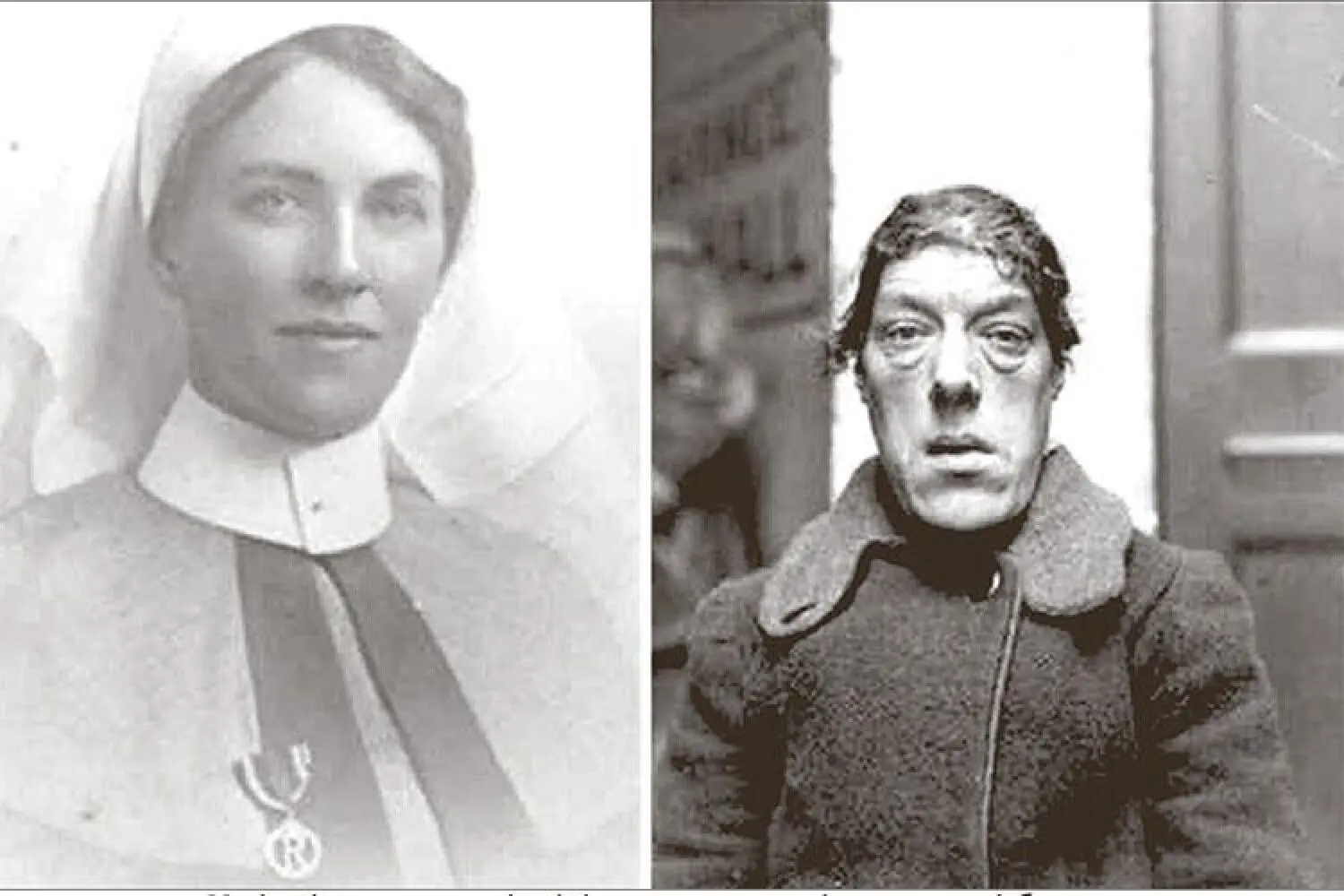
Mary Ann Bevan: The Tragic Story of the ‘World’s Ugliest Woman’
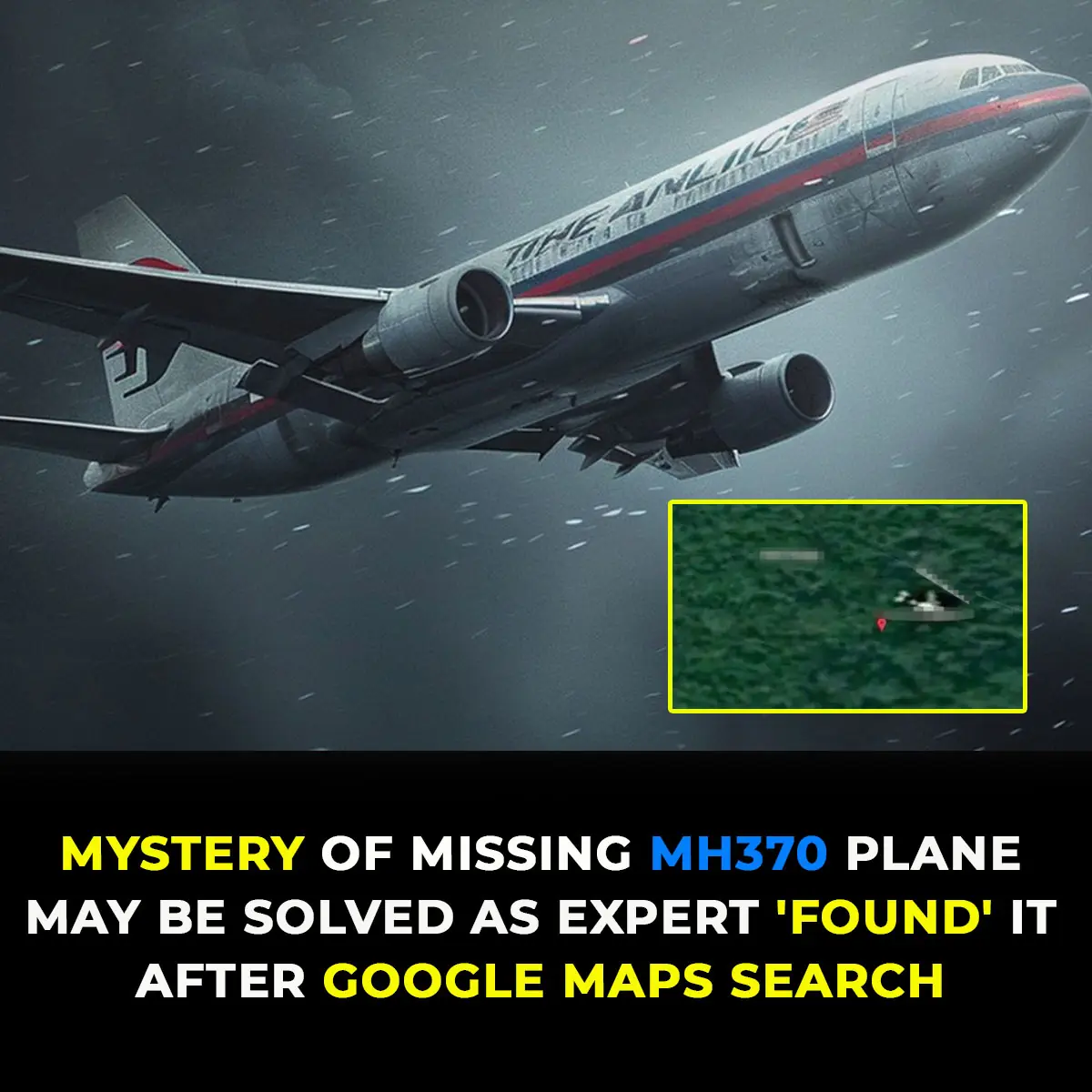
Missing MH370 aircraft ‘found’ after Google Maps search
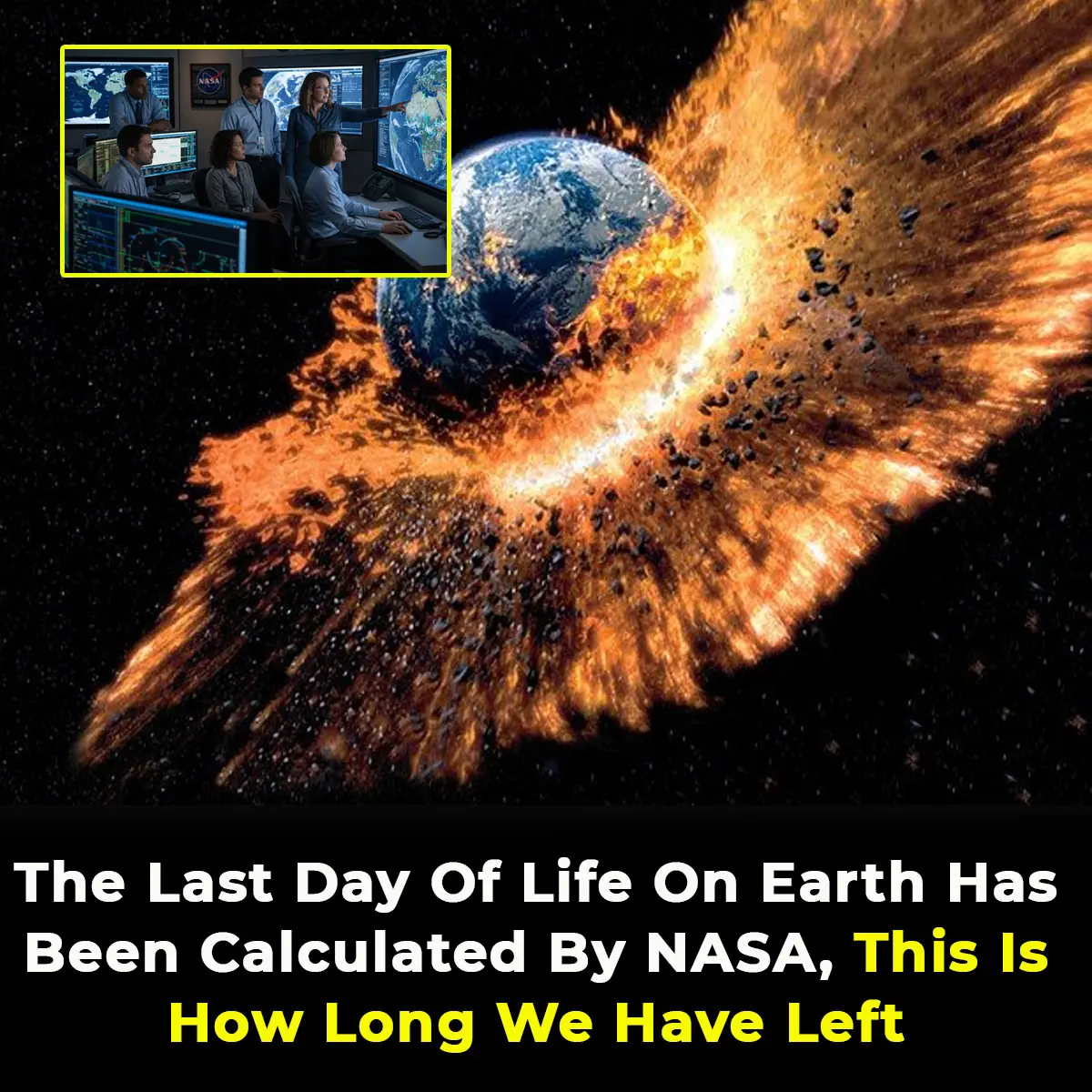
The Last Day Of Life On Earth Has Been Calculated By NASA, This Is How Long We Have Left
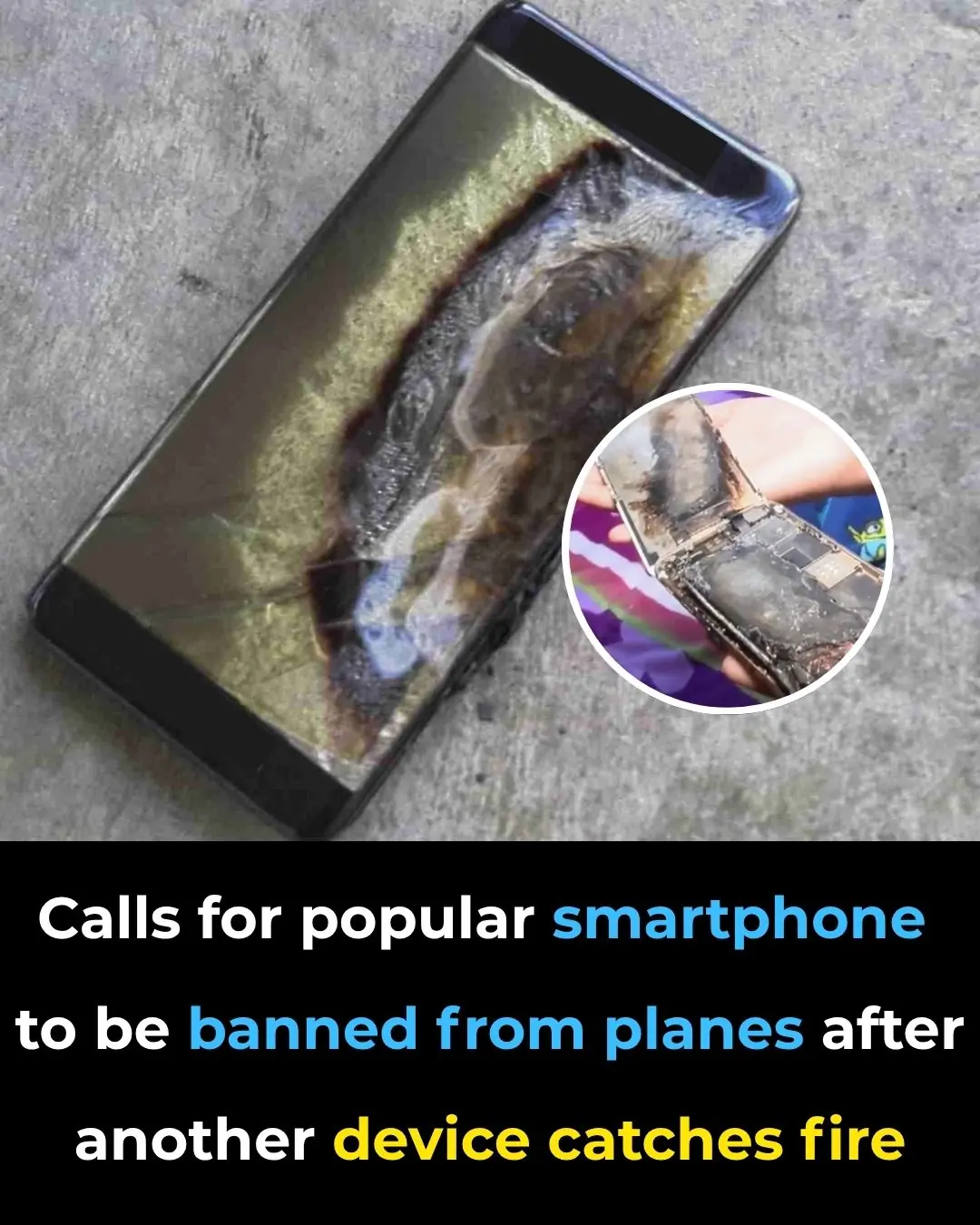
Calls for popular smartphone to be banned from planes after another device catches fire
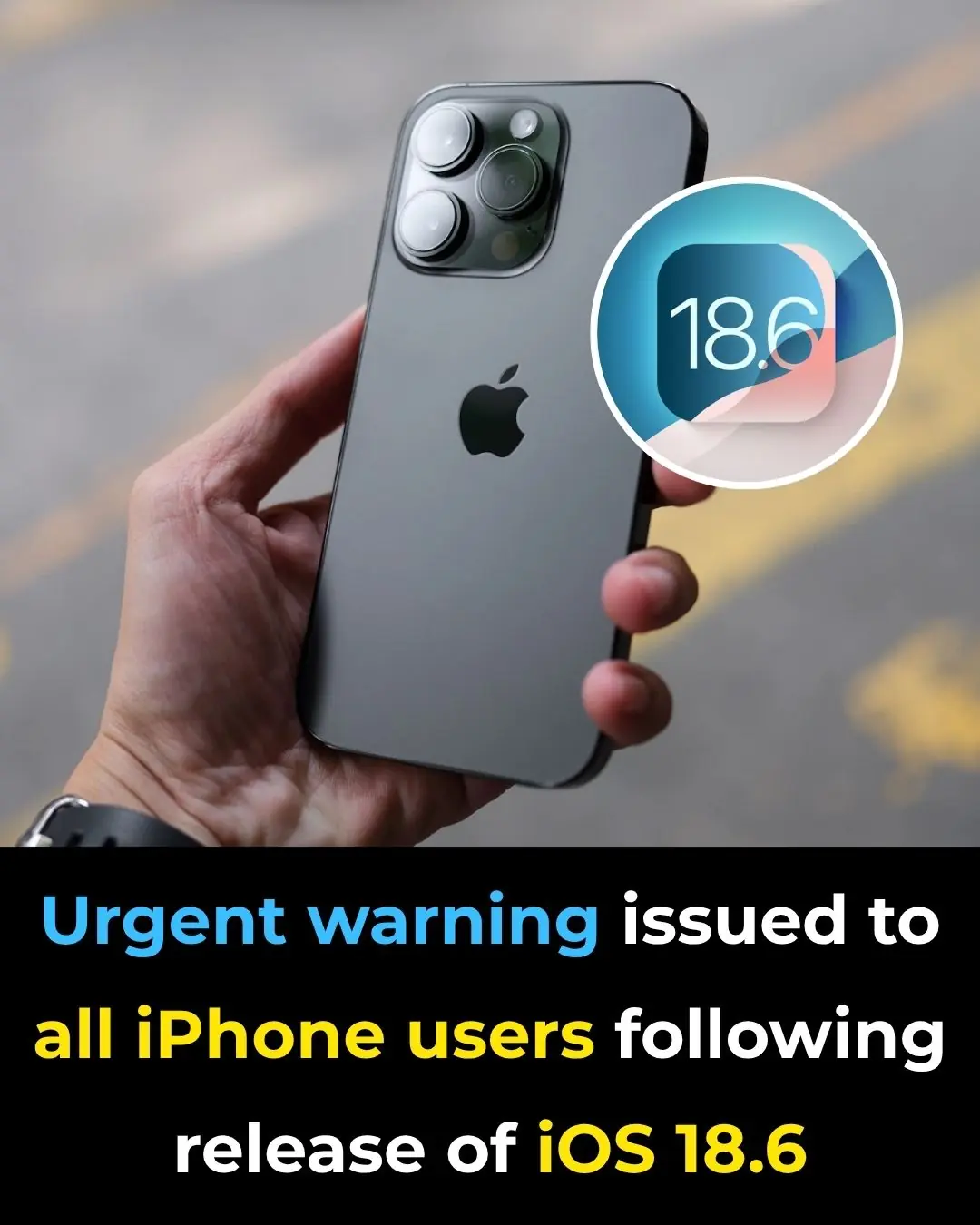
Urgent warning issued to all iPhone users following release of iOS 18.6

Man Releases Chilling Never Seen Before Footage of Twin Tower Collapse
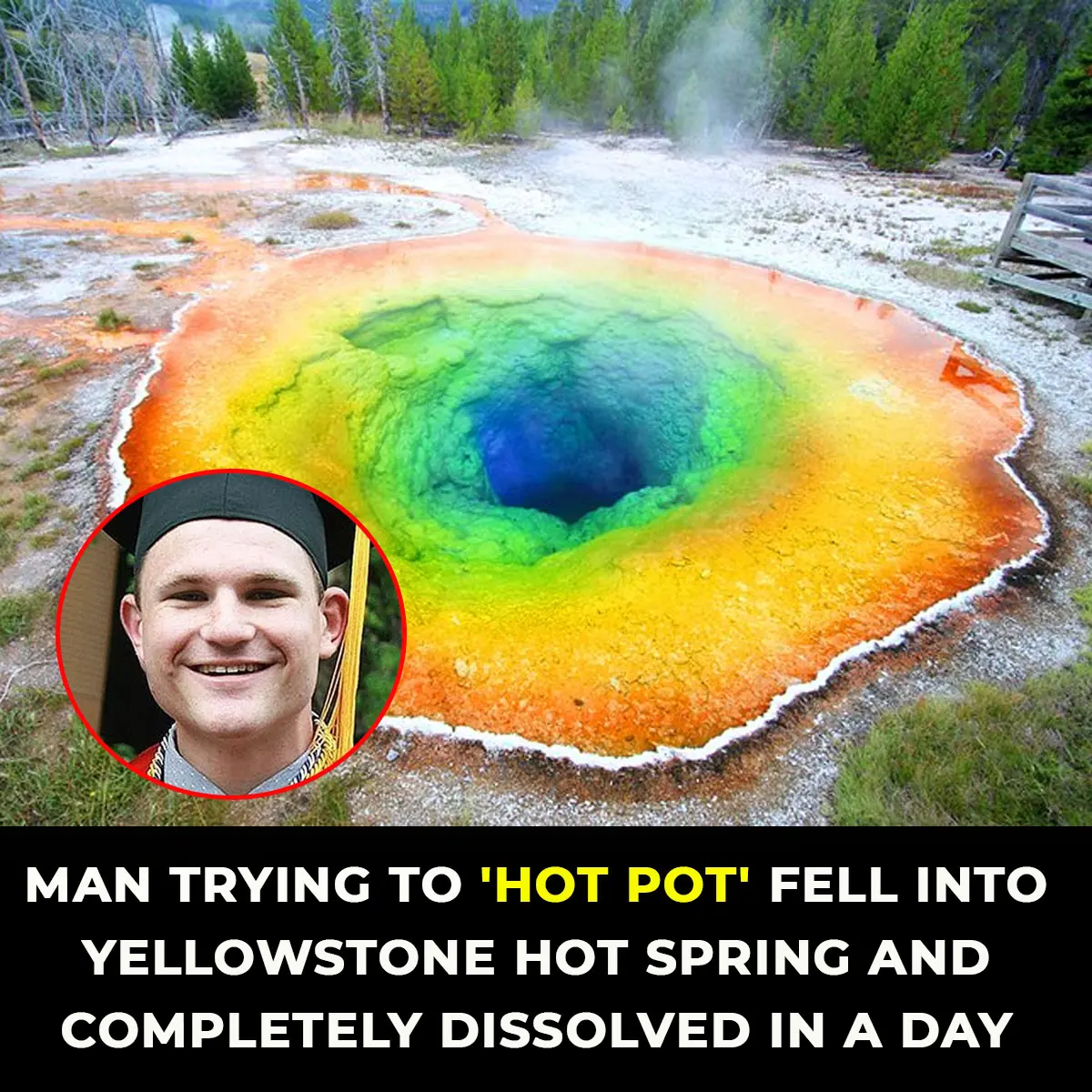
Man Plunges into Yellowstone Hot Spring – And Is Gone Without a Trace by the Next Day
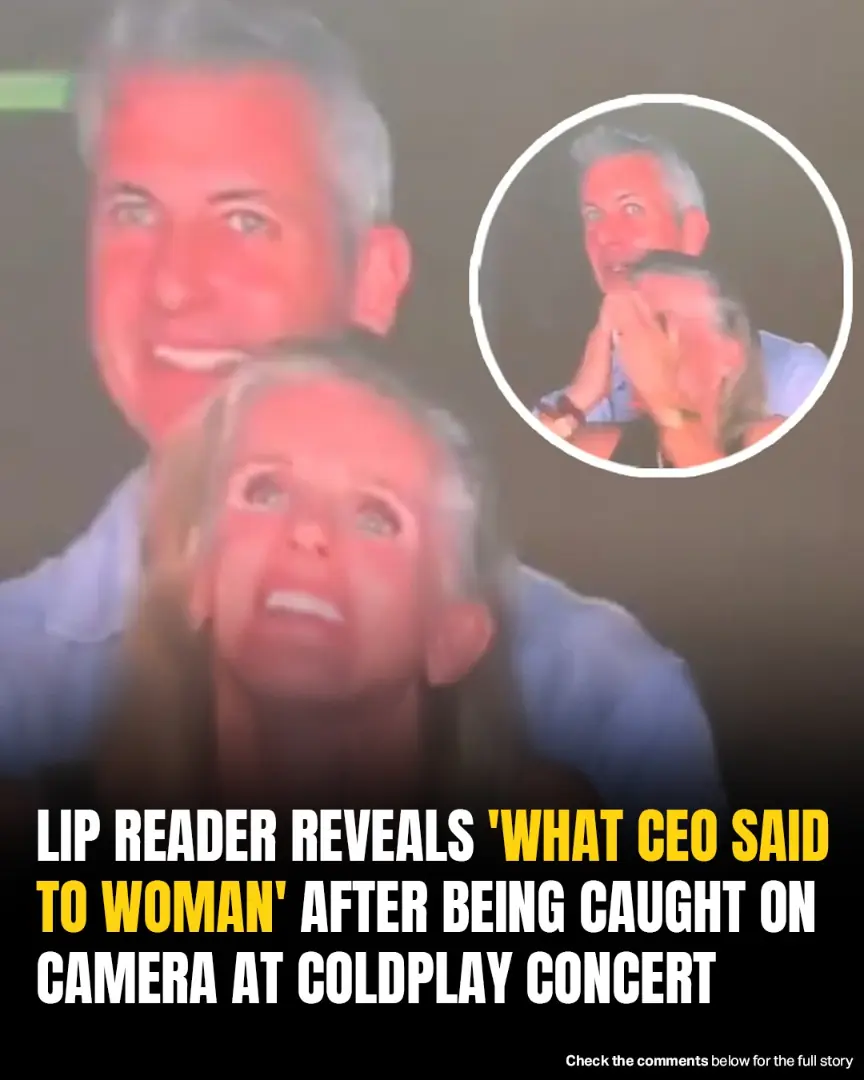
Lip Reader Reveals Shocking Words CEO Said To Woman On Coldplay Kiss Cam
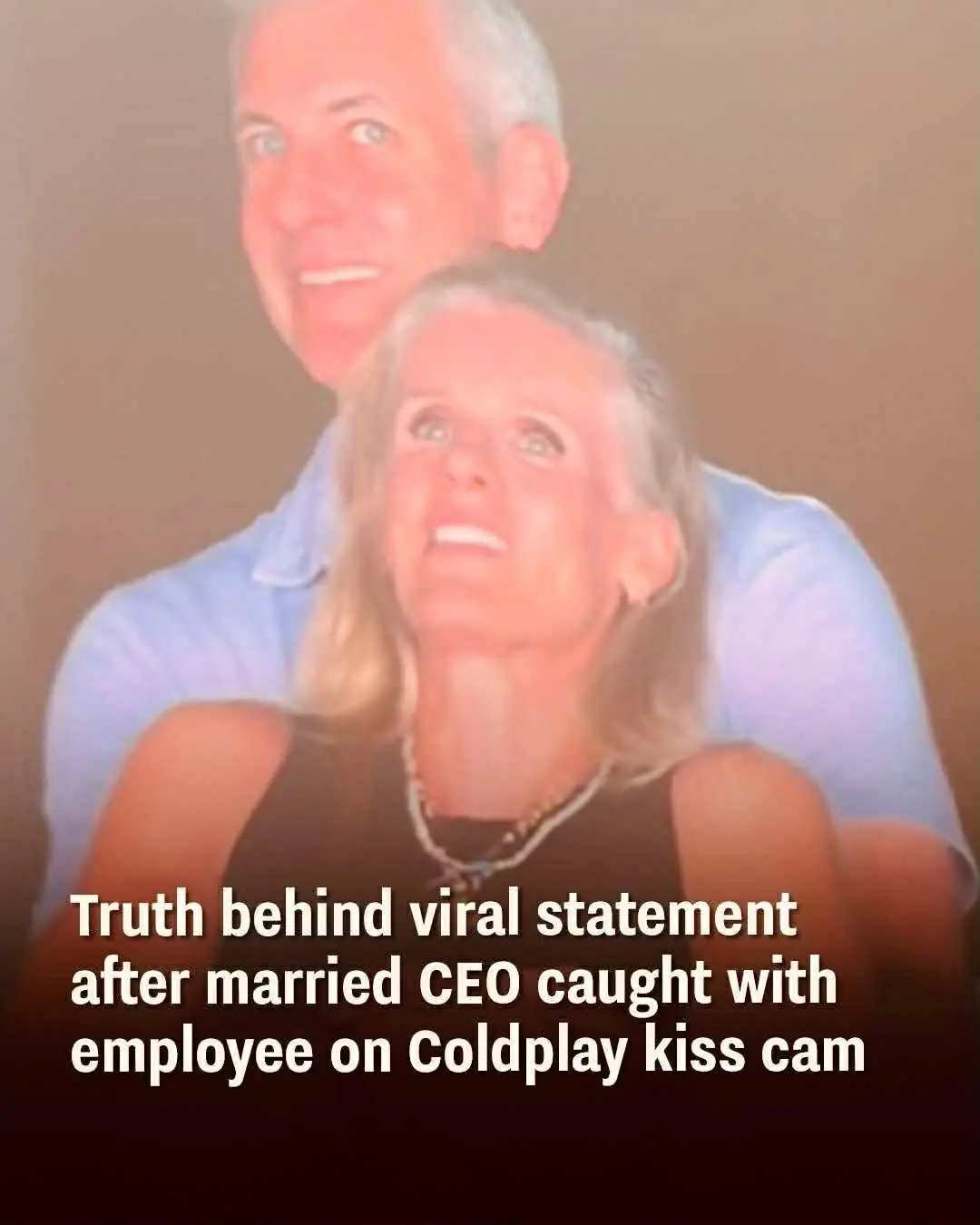
Truth behind viral statement after married CEO caught with employee on Coldplay kiss cam
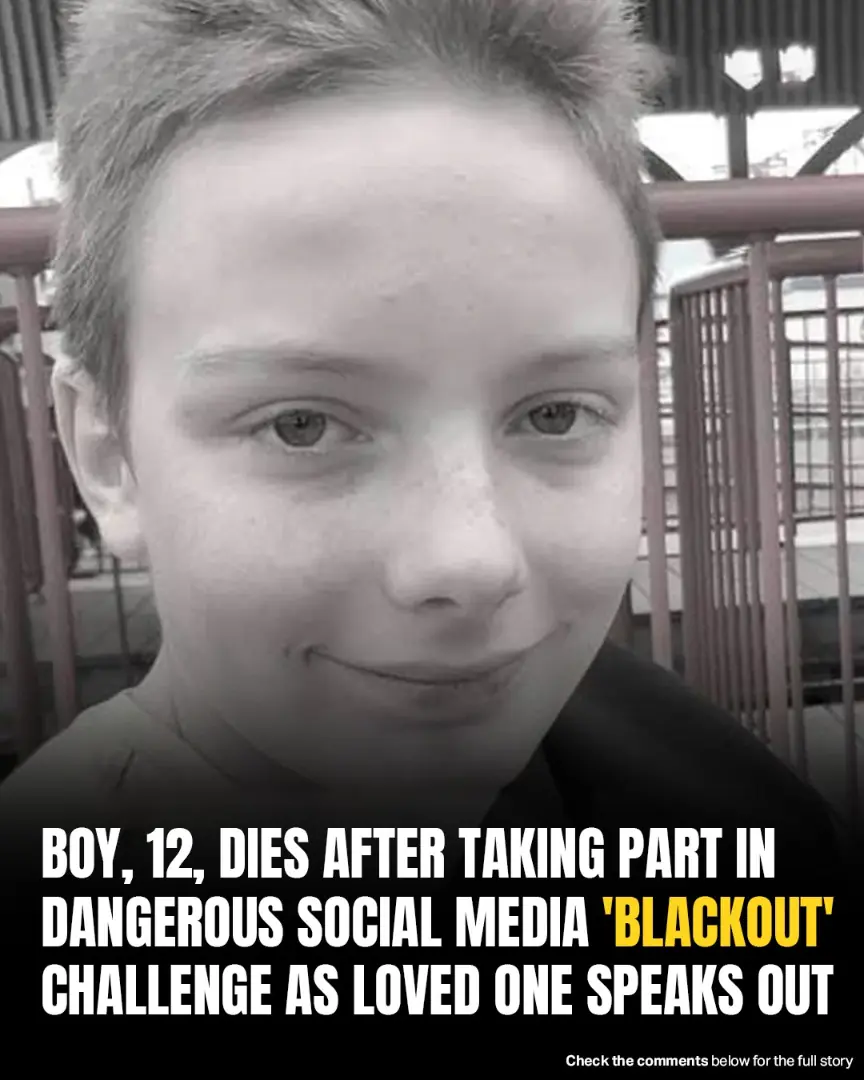
Boy, 12, Dies After Attempting Viral ‘Blackout Challenge’—Family Issues Heartbreaking Warning
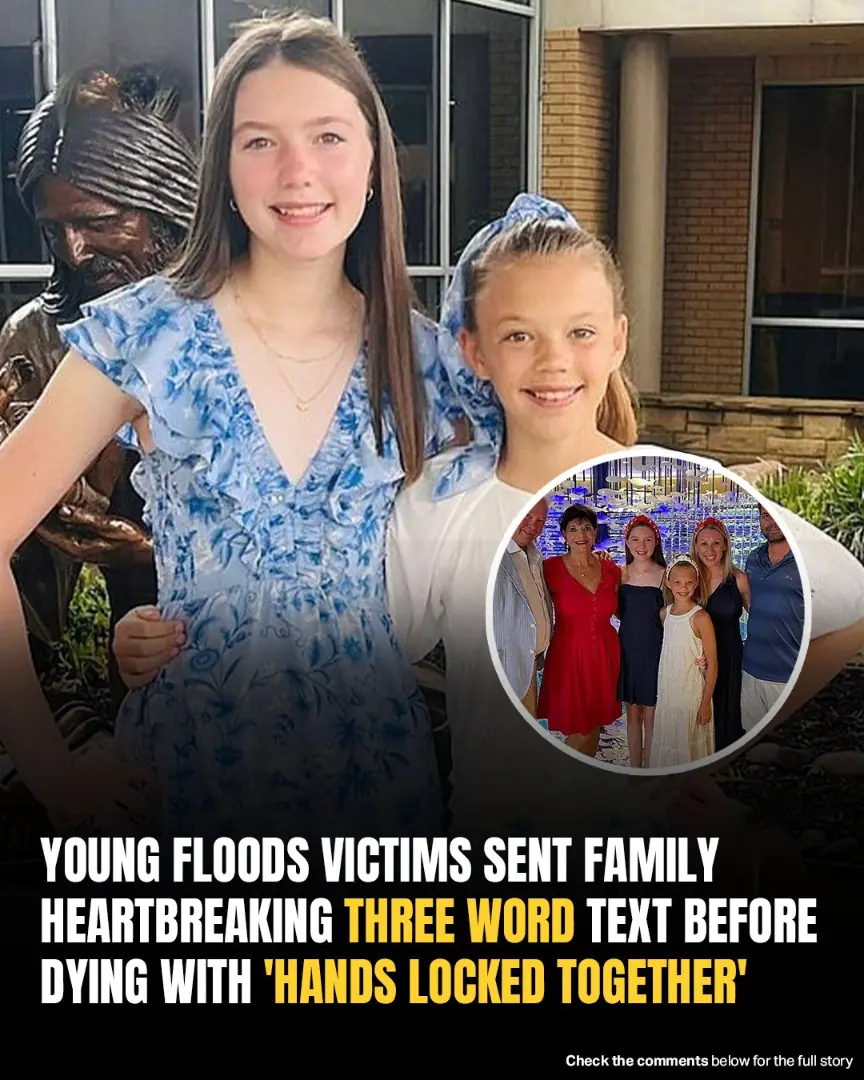
RV Park Owner Describes Terrifying Sound As Floodwaters Swept Families Away

Nuclear Strike Survival Guide: The First 10 Minutes Could Save Your Life
News Post
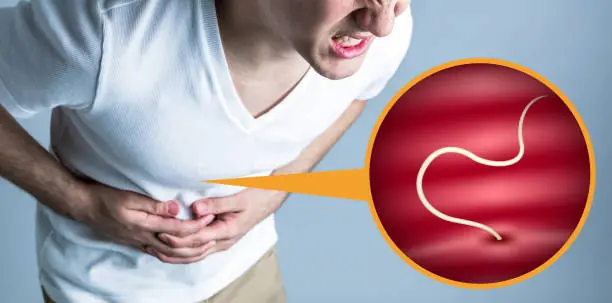
How to Tell If You Have Intestinal Parasites and What to Do About That
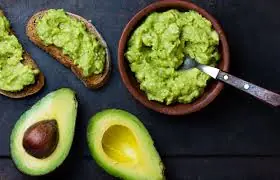
Scientifically Proven Health Benefits of Avocado and Avocado Seeds
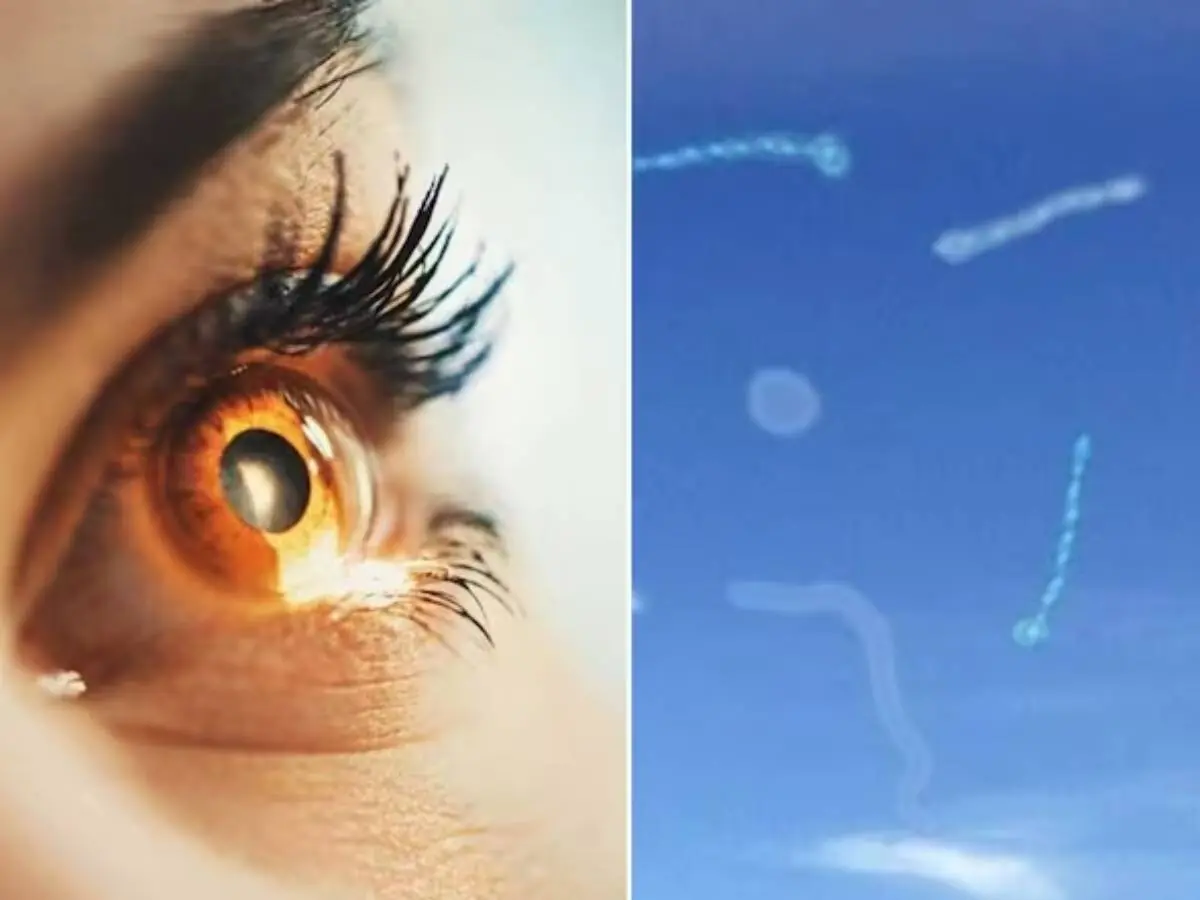
An Eye Specialist Explains What To Do If You Begin To See “Floaters”

A Double Cheeseburger and 75 Years of Love.
It was just a regular evening at Wendy’s. I had stopped in for a quick bite—nothing fancy, just a double cheeseburger, fries, and a moment of peace before heading home.
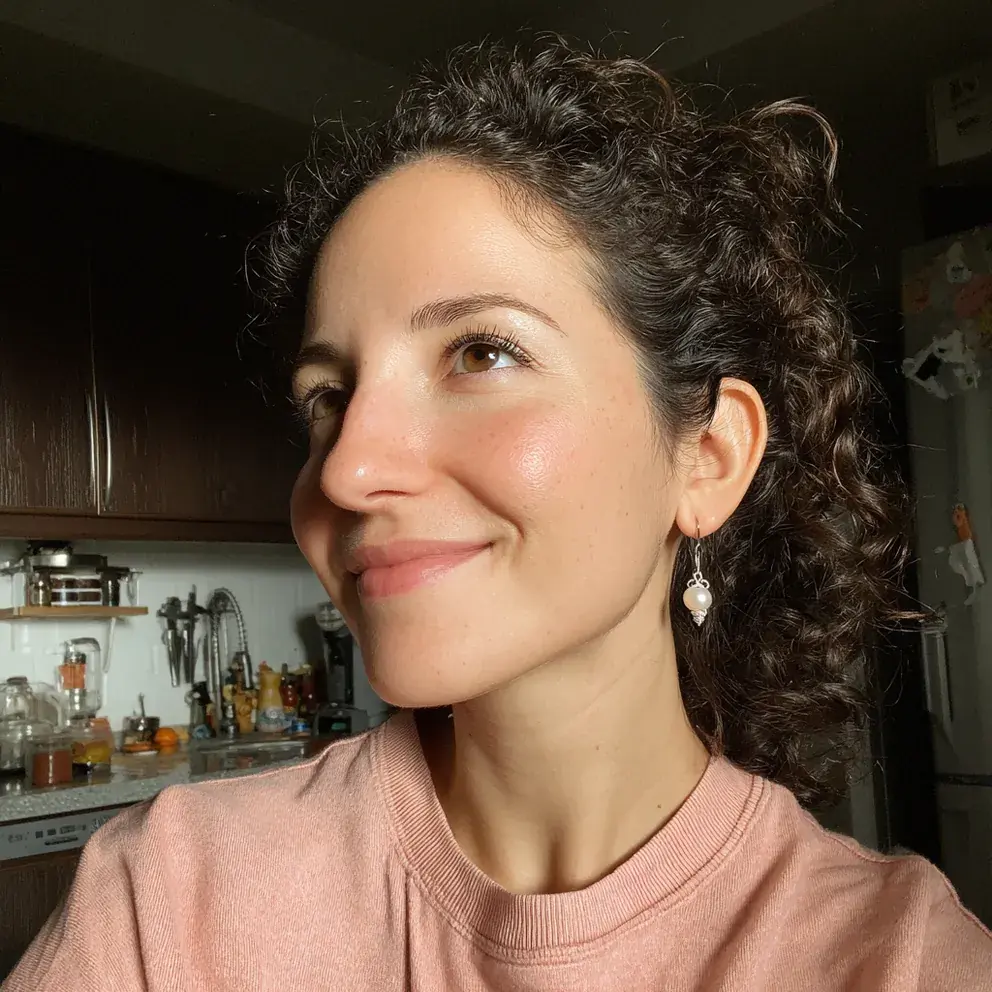
My Own Daughter Stole My Retirement Savings to Buy a House for Herself
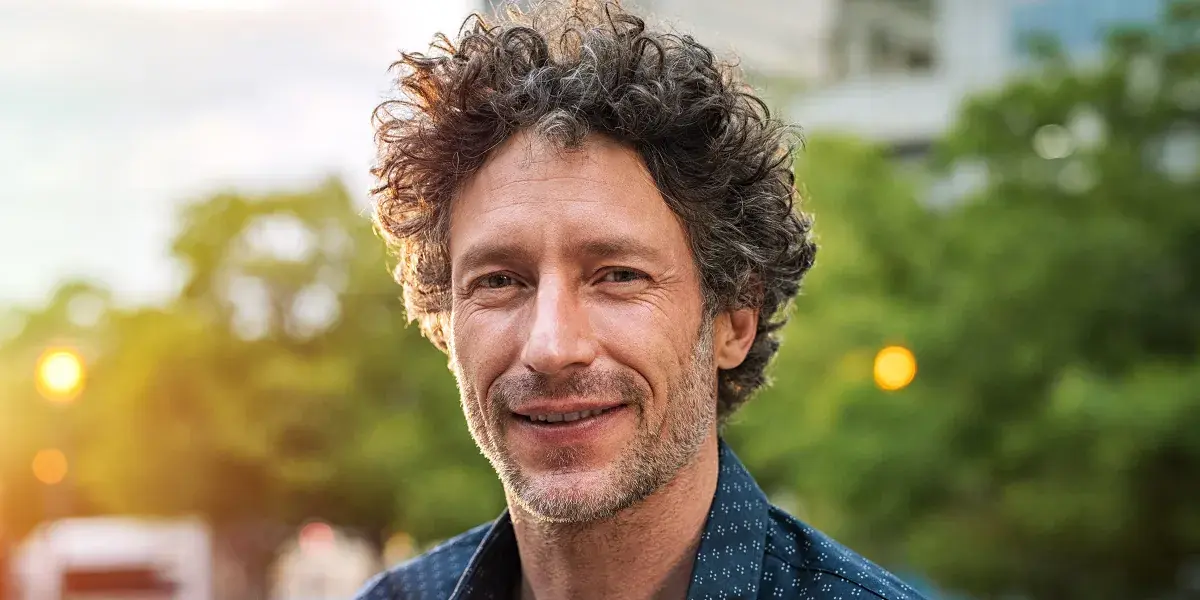
People Share the Best Cases of Instant Karma They've Witnessed
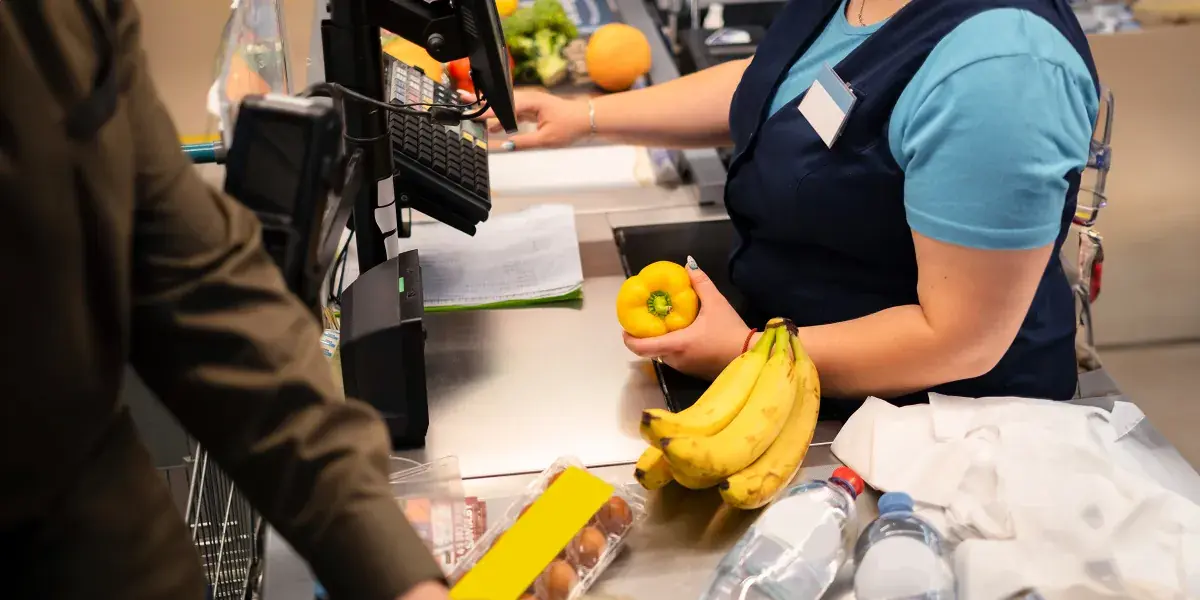
4 Intriguing Stories Where Karma Delivered Unexpected Payback

My Stepfather Left Me His $640K Estate While My Mom and Stepsister Got $5K Each – What They Did When the Will Was Read Shocked Me
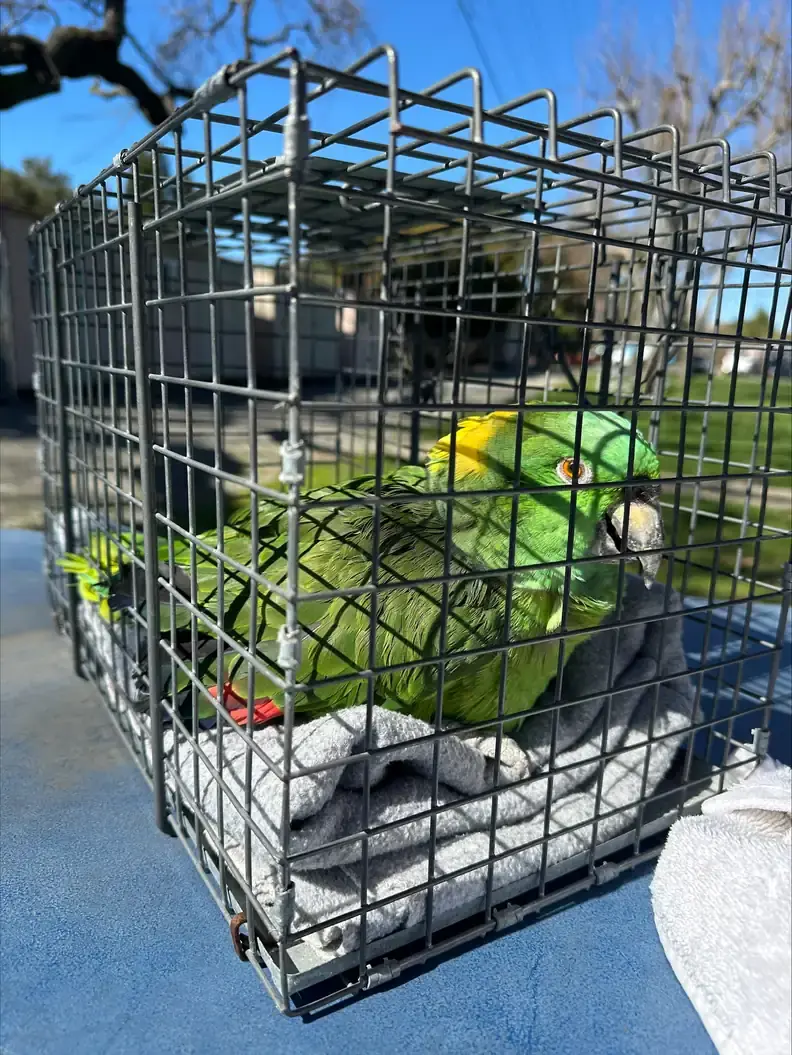
40-Year-Old Parrot Waits Alone for 2 Weeks in Empty Home, Collapses After Finally Being Rescued
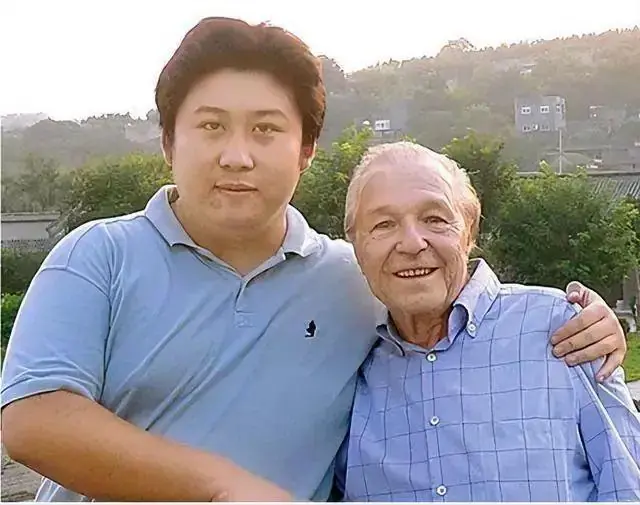
The Meteor That Changed Two Lives: A Story of Unlikely family
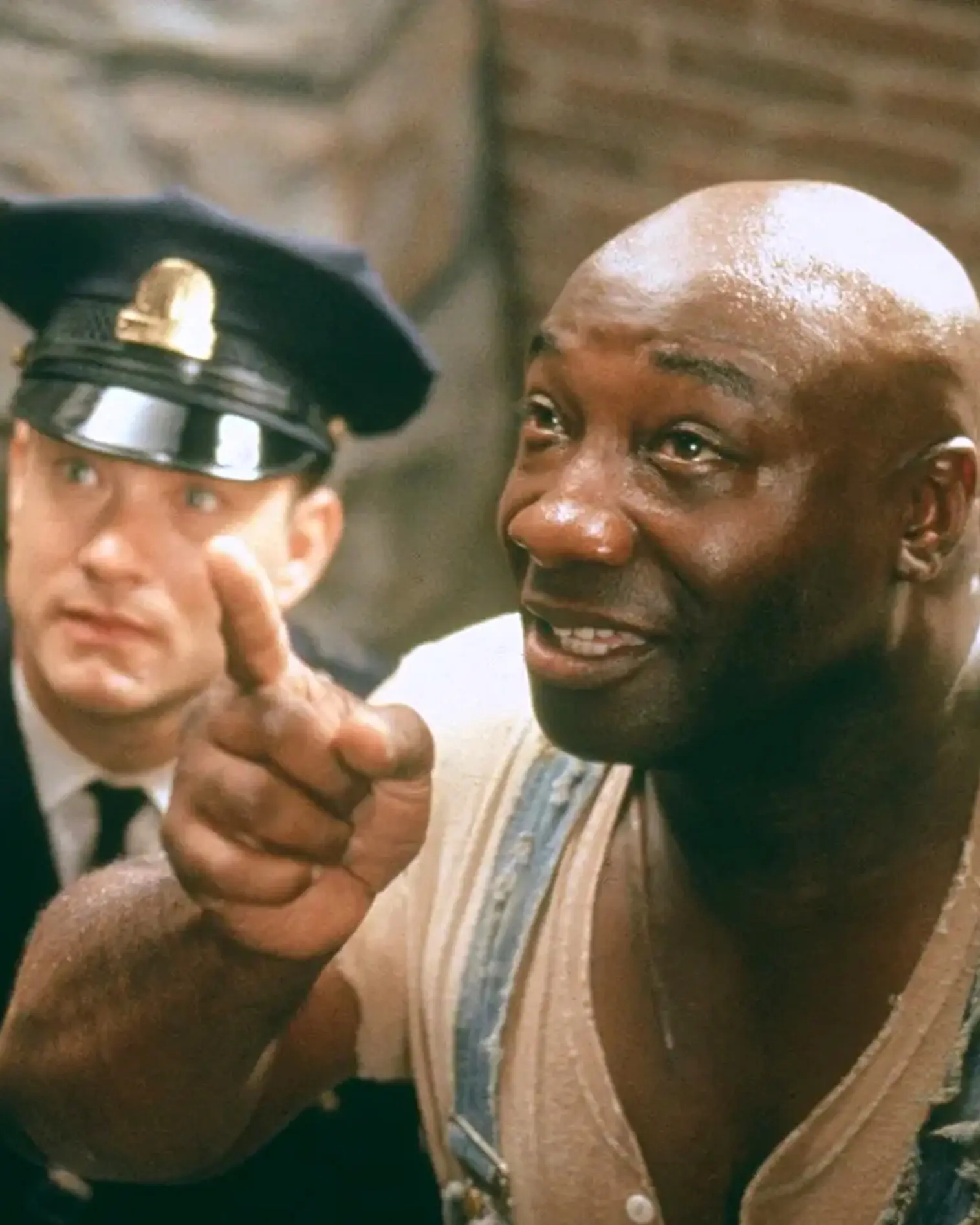
Michael Clarke Duncan: A Giant of Strength, and Heart.
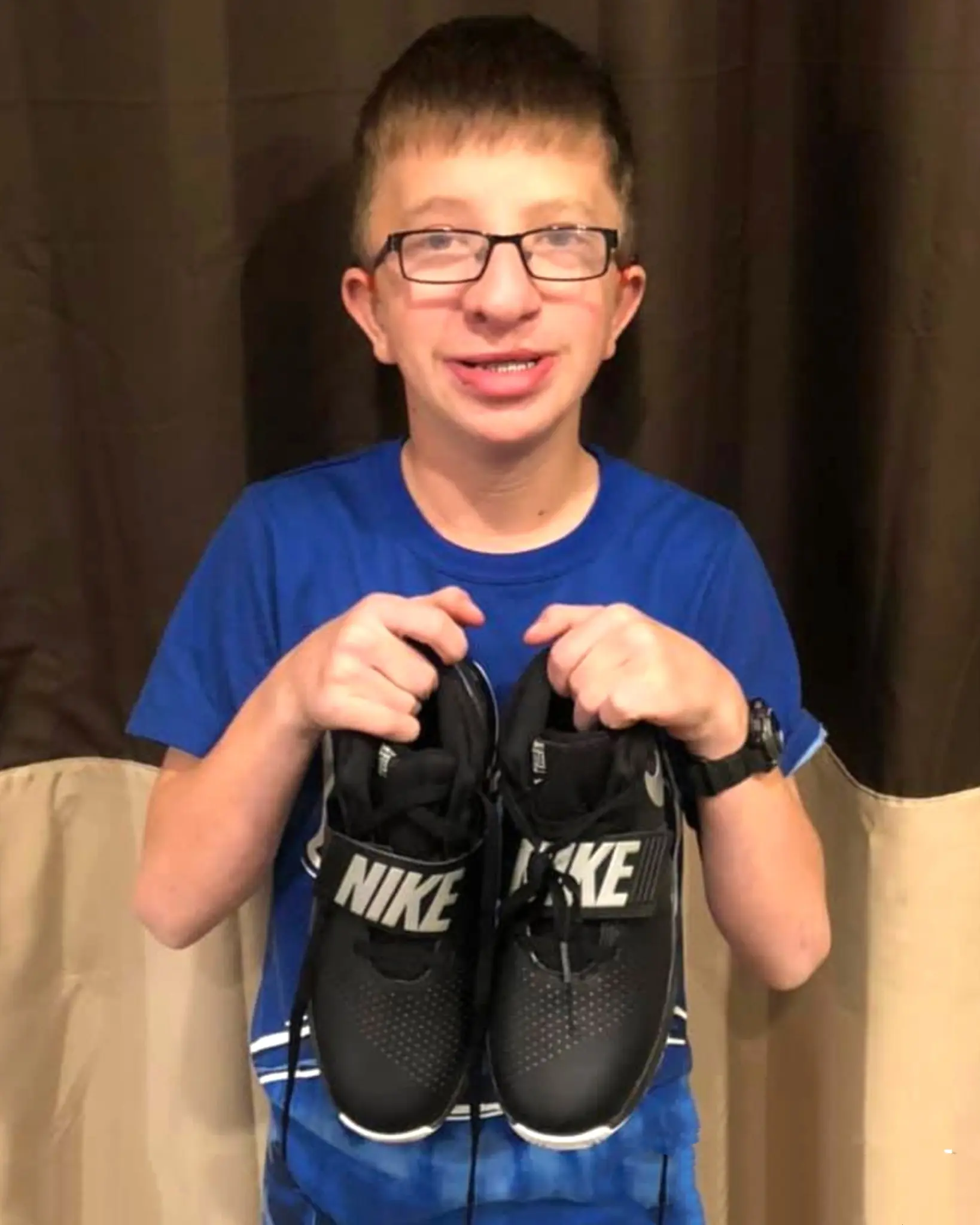
A New Pair of Shoes— and a Lesson in Kindness.

A New Pair of Shoes—and a Lesson in Kindness.

I Set Off in My RV to Scatter My Mother’s Ashes But Met a Man Who Revealed a Shocking Family Secret
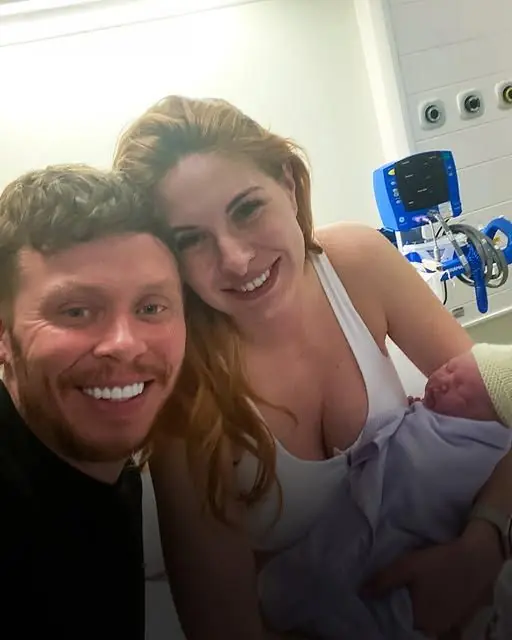
After 14 Years of Marriage, I Found My Husband’s Second Phone—Then a Message Popped Up, ‘Can’t Wait to See You Again Tonight’
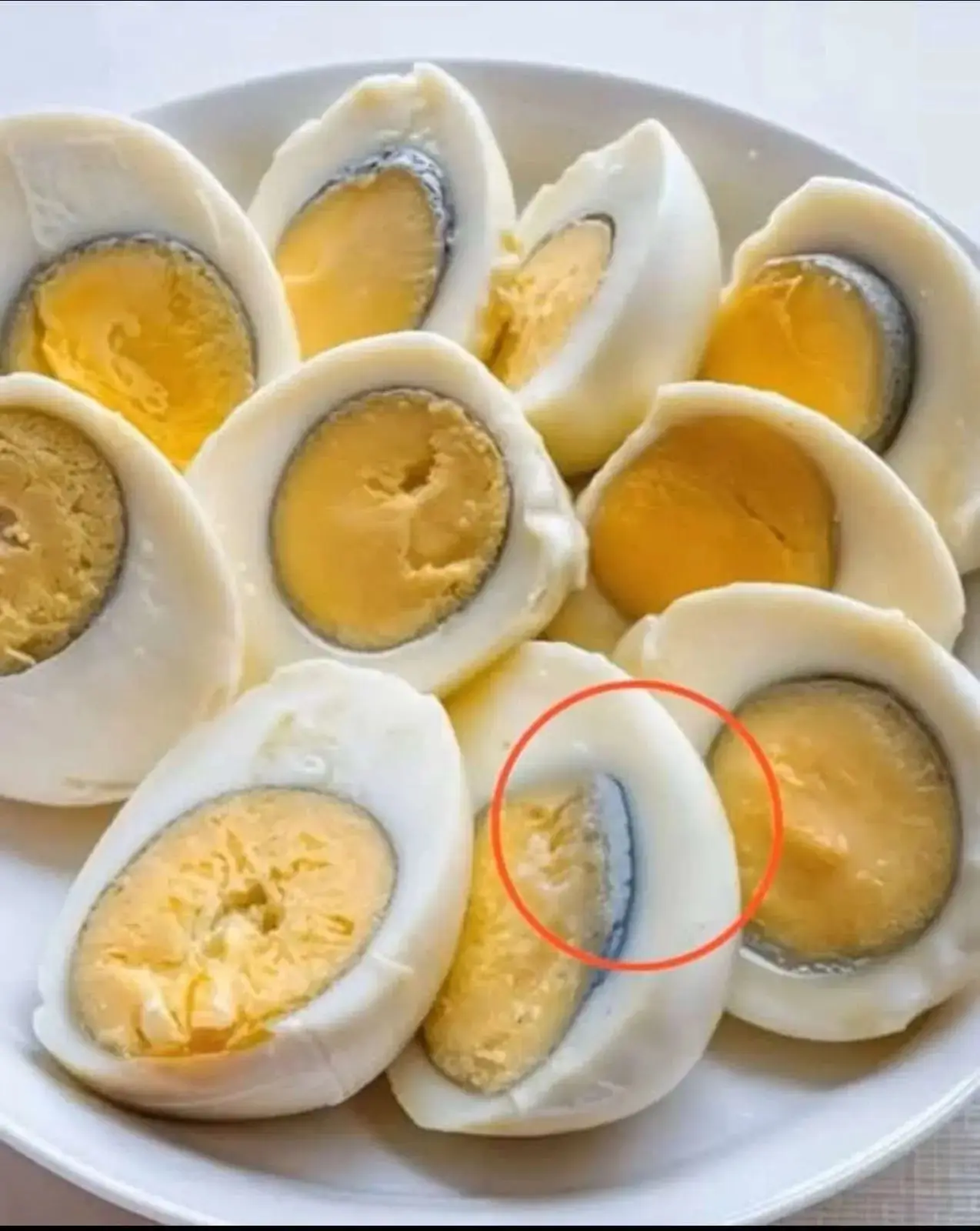
Is the Green Ring on Your Egg Dangerous? Experts Reveal the Truth
If you are one of those people who prefer their eggs hard-boiled, you have certainly noticed that green color ring around the yolk.

10 W@rning Signs It’s Time to Cut Back on Caffeine

5 Early Signs of Colon Cancer You Shouldn’t Ignore

If You Have Cabinets Above Your Fridge, Here’s What They’re Actually For
